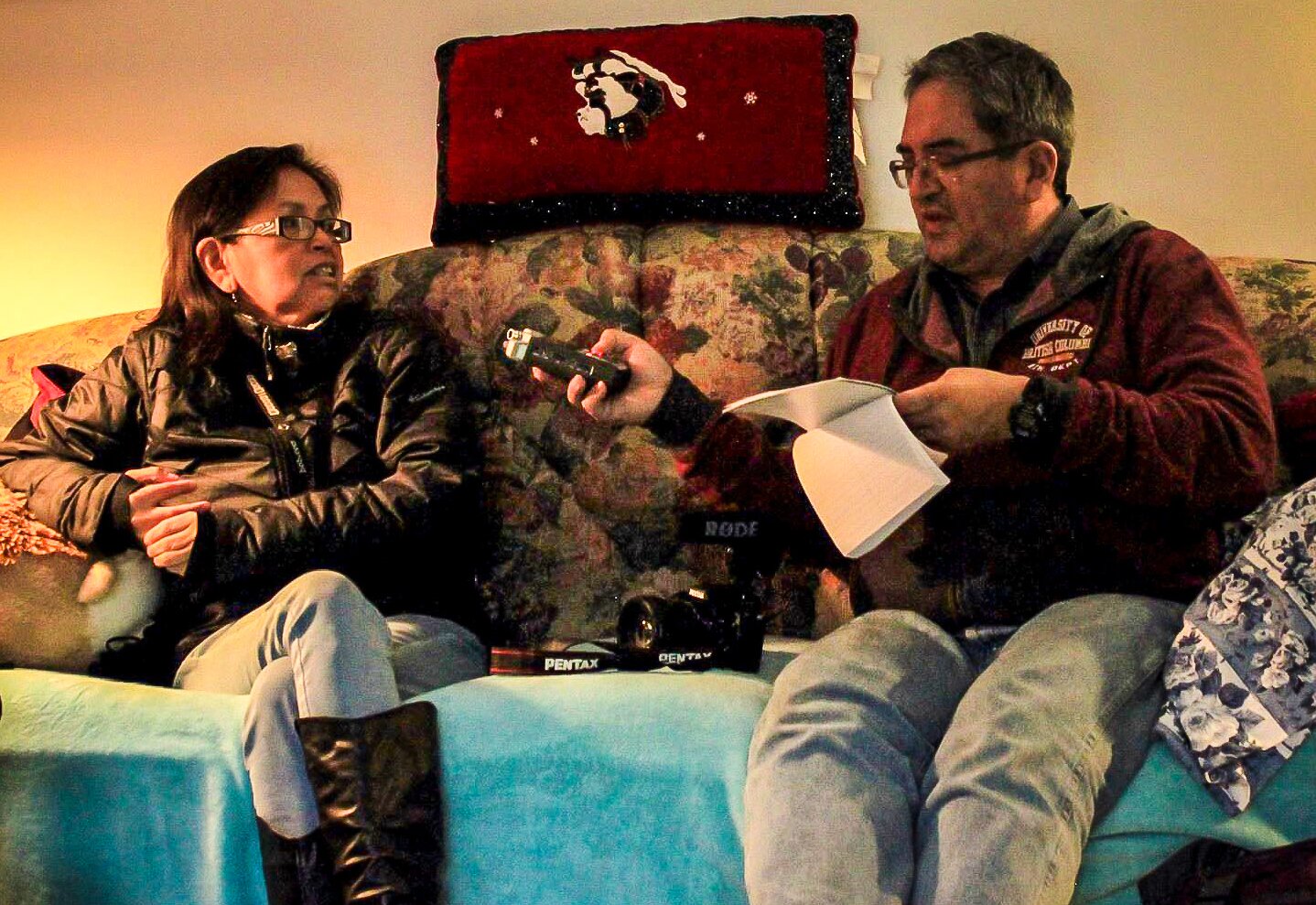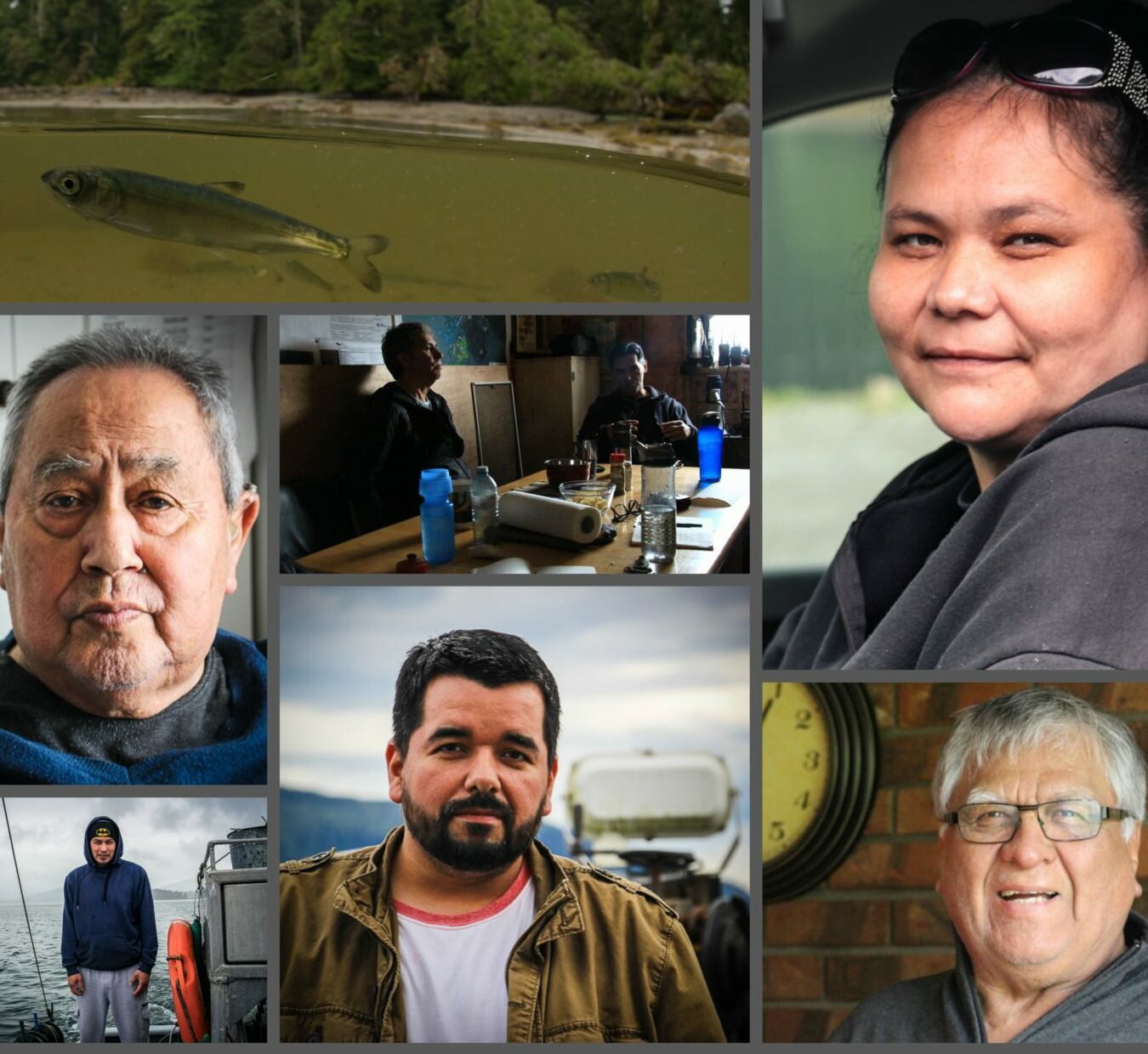Press freedoms in treaty country
Does the democratic right of freedom of the press apply to First Nations in Canada?

Next week the Lax Kw’alaams First Nation will be holding a series of meetings about the proposed Pacific NorthWest LNG project, slated to go on Lelu Island, which Lax Kw’alaams claims as part of their traditional territory. The project has important implications for people throughout the Skeena River region, but proof of band membership is required to attend the meetings.
 Discourse Media is following the story of the $36 billion LNG plant proposed for Lax Kw’alaams. Read our investigation: “Divide and conquer: At the centre of the biggest resource deal in Canada, a small town is torn apart — and reconciliation has never seemed so far away.”
Discourse Media is following the story of the $36 billion LNG plant proposed for Lax Kw’alaams. Read our investigation: “Divide and conquer: At the centre of the biggest resource deal in Canada, a small town is torn apart — and reconciliation has never seemed so far away.”
So I’m wondering: as a journalist, can I attend?
Should journalists be able to cover these meetings the same way they’d cover City of Vancouver meetings? Are Indigenous governments obliged to give journalists access? Can a First Nation that arrived at a treaty through a democratic process with a democratic nation choose not to apply press freedoms?
Over the coming weeks, I’ll be examining the issue of press freedom in B.C.’s three treaty First Nations: Nisga’a, Maa-nulth and Tsawwassen. With the birth of these new nations comes an opportunity to explore how press freedoms and access to information apply in First Nations communities. These treaties, recent court decisions and Canada’s full endorsement of the United Nations Declaration on the Rights of Indigenous Peoples have established First Nations as major players in decision-making around land usage and resource development.
In Canada there are negative public perceptions of First Nations organizations, particularly around governance and finances, but a lack of access to communities makes it difficult to find out what’s really going on in communities like Lax Kw’alaams and challenge these negative stereotypes.
I want to provide insight into the challenges of reporting on First Nations, such as access to tribal meetings. I’ll examine the origin of press freedom and explore how it applies to reserves and new treaty First Nations. I’m curious to know whether press freedoms were discussed or not during treaty negotiations. If they were, what were the substance and conclusion of those discussions? And if press freedoms weren’t considered, why weren’t they? I want to canvas news services that covered the negotiations and ask if they ever inquired about press freedom.
These treaty negotiations have implications for future treaties. The Nisga’a negotiated treaty in particular is seen as a template for 59 other tribal groups in the B.C. Treaty Process.
My team at Discourse Media is working with local partners to coordinate community forums where people can talk about accessing information and press freedoms — and explore solutions. I’m also keen to talk with organizations that help re-establish journalism in countries recovering from conflicts, to see what solutions, if any, might transfer.
In my initial research, I’ve been unable to find media coverage about whether press freedoms apply to new treaty nations, despite the huge amount of coverage around the final signing of the Nisga’a treaty. Am I missing something here? I’d like to hear from you.
What do you think about all this?
Has the signing of treaties changed the game for journalists and others looking to access information from B.C.’s treaty nations? If you’ve got a story about press freedoms in B.C.’s treaty nations,
